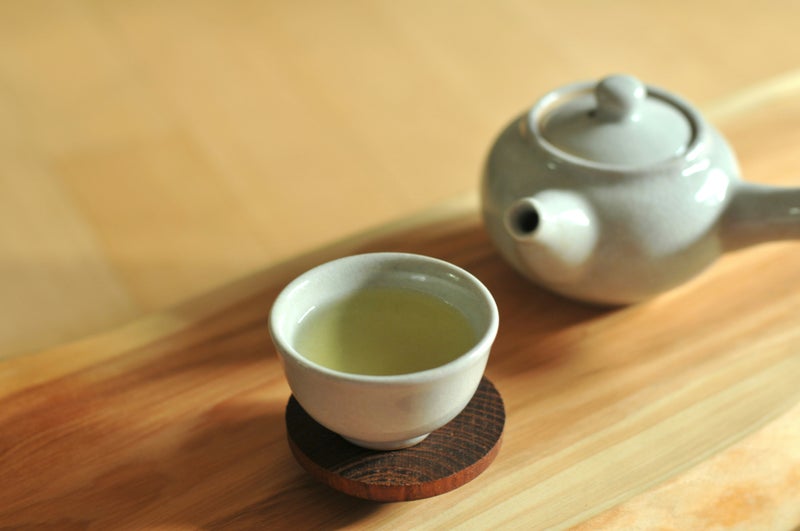“I think the one possible better explanation might be that it’s because it’s removing metals from water,” he said, adding the team found a cup of black tea brewed for five minutes reduced the concentration of lead ions in water by about 15%.
The team also found that, at least for the batches they tested, black, green and white teas reduced the concentration of lead ions in the water to a greater degree than camomile, rooibos and oolong teas when left to steep for 24 hours to reach equilibrium.
They then focused on lead, finding longer brewing times of black tea and higher temperatures of water were associated with a greater reduction in the concentration of lead ions.
“It’s possible that on the margins, tea consumption is reducing [people’s] metal intake by a very small amount, and perhaps over the population of the UK, that’s reducing diseases associated with metal consumption by another commensurately very small amount,” he said.
Prof Michelle Francl of Bryn Mawr College in the US and the author of Steeped: The Chemistry of Tea, who was not involved in the work, said: “If you are concerned about heavy metals in your water, don’t think that drinking tea is the solution.”.































